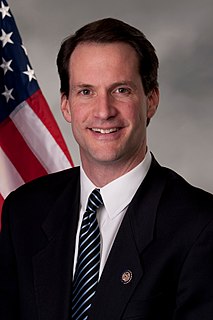A Quote by Billy Graham
I think where political issues invade moral situations, spiritual leaders have to speak out.
Related Quotes
I am very much into politics, but what interests me is sacred principles applied to that area. You know, many people are interested in alternative health who are never going to become doctors, or practitioners. That is how I am about politics. I am interested in the intersection of the Spiritual and the political - how spiritual principles apply to the social and political issues of our day. For me, the spiritual realm, is a more powerful place to speak from on those issues.
My art gets called political, as opposed to my intending it to be political. I think that's something that happens with black artists or marginalized voices trying to speak truth. Because there are things in the status quo to speak out against, speaking out against them will inherently be political.
The foundation of leadership is your own moral compass. I think the best quality leaders really know where their moral compass is. They get it out when they are making decisions. It's their guide. But not only do you have to have a moral compass and take it out of your pocket, it has to have a true north.
People on a spiritual path - personal growth, spiritual practice, recovery, yoga and so forth - are the last people who should be sitting out the social and political issues of our day. And there’s an important reason for this: People on such journeys are adepts at change. They know that the mechanics of the heart and mind are the fundamental drivers of transformation.



































